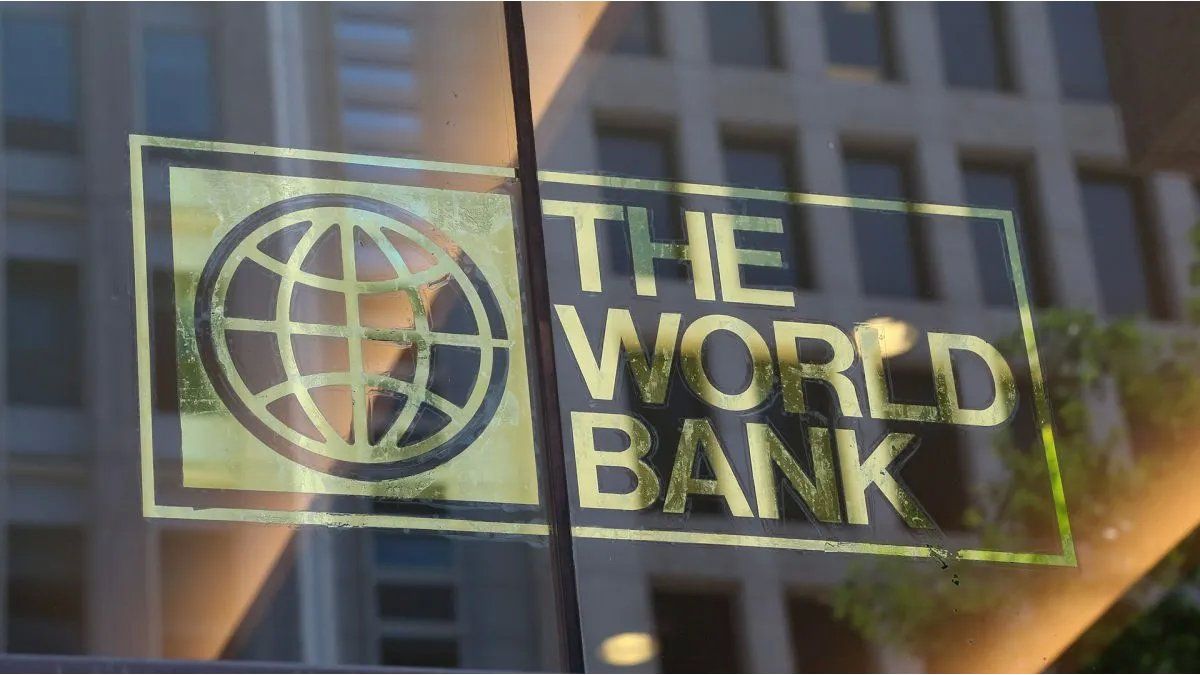Global growth is expected to decline to 2.4%, before rebounding to 2.7% in 2025, considerably below the 3.1% average of the 2010s.
Given the possibility of an escalation of the conflict in the Middle East and other risks, debt restructuring could become a reality for some emerging economies.
He world Bank issued a stark warning about the growing pressure facing developing economies due to high debt costs, signaling a drastic shift in the need to drive rapid economic growth.
The content you want to access is exclusive to subscribers.
The recent explosion in international sales of emerging market government bonds, reaching a historical record of US$47 billion in January, it was led by lower risk economies such as Saudi Arabia, Mexico and Romania.


However, Concern arises as some riskier issuers are forced to tap markets at higher rates. A notable example is Kenya, which recently paid more than 10% for a new international bond, surpassing the threshold considered unaffordable by experts.
“When it comes to debt, the story has changed radically. We have to grow much faster,” warns Ayhan Kose, deputy chief economist at the World Bank. Although he did not refer to specific countries, Kose highlights the concern about high interest rates, comparing them to the concern that would arise from having a mortgage with an interest rate of 10%.
World Bank: the basis for the alert
The World Bank’s warning, published in its World Economic Prospects report in January, projects the weakest results in the last 30 years for the global economy between 2020 and 2024, even if recession is avoided. Global growth is expected to decline to 2.4%, before rebounding to 2.7% in 2025, considerably below the 3.1% average of the 2010s.
The slowdown in growth especially affects emerging economies, with a third of them not experiencing recovery since the COVID-19 pandemic and per capita income levels lower than those of 2019. This poses significant challenges to spending targets in critical areas such as education, health and the environment, according to Kose.
Given the possibility of an escalation of the conflict in the Middle East and other risks, debt restructuring could become a reality for some emerging economies. Kose warns that if growth remains low, it will be difficult to get out of this problem, and some nations could be forced to reschedule maturities or negotiate haircuts with their creditors.
Although the G20 launched the Common Framework in 2020 to simplify the recovery process for over-indebted countries, delays persist, and nations like Zambia face prolonged payment suspensions. Ultimately, the global economic situation requires a comprehensive solution and coordinated action to avoid long-term adverse consequences.
Source: Ambito




